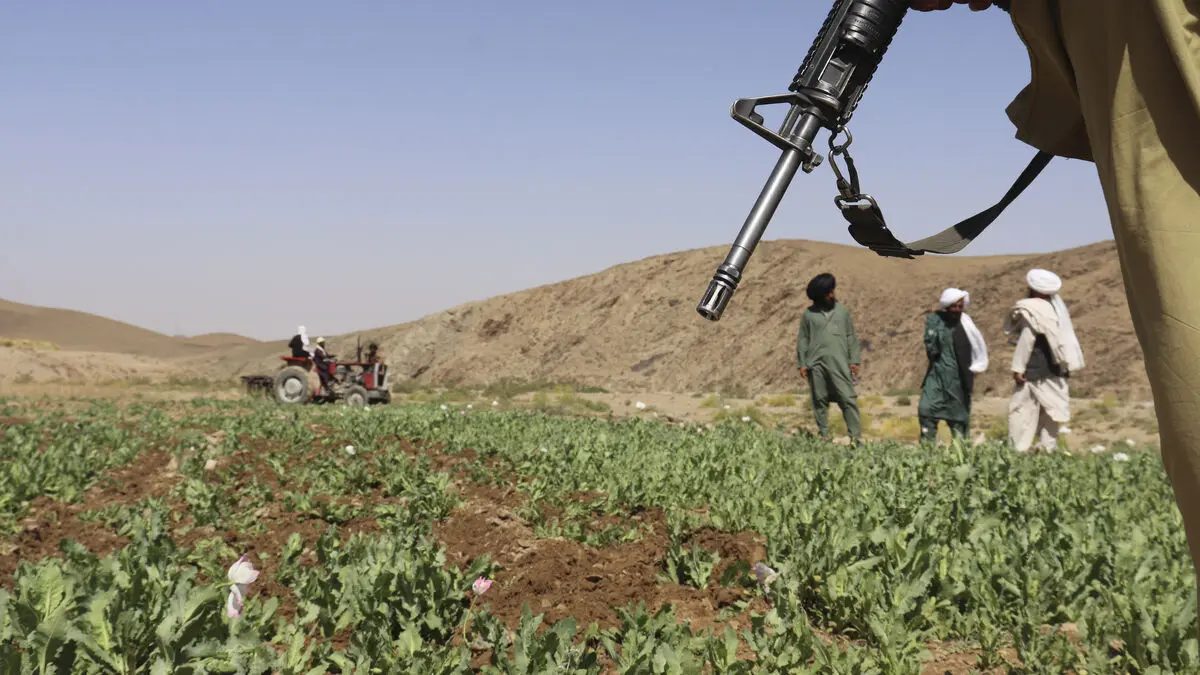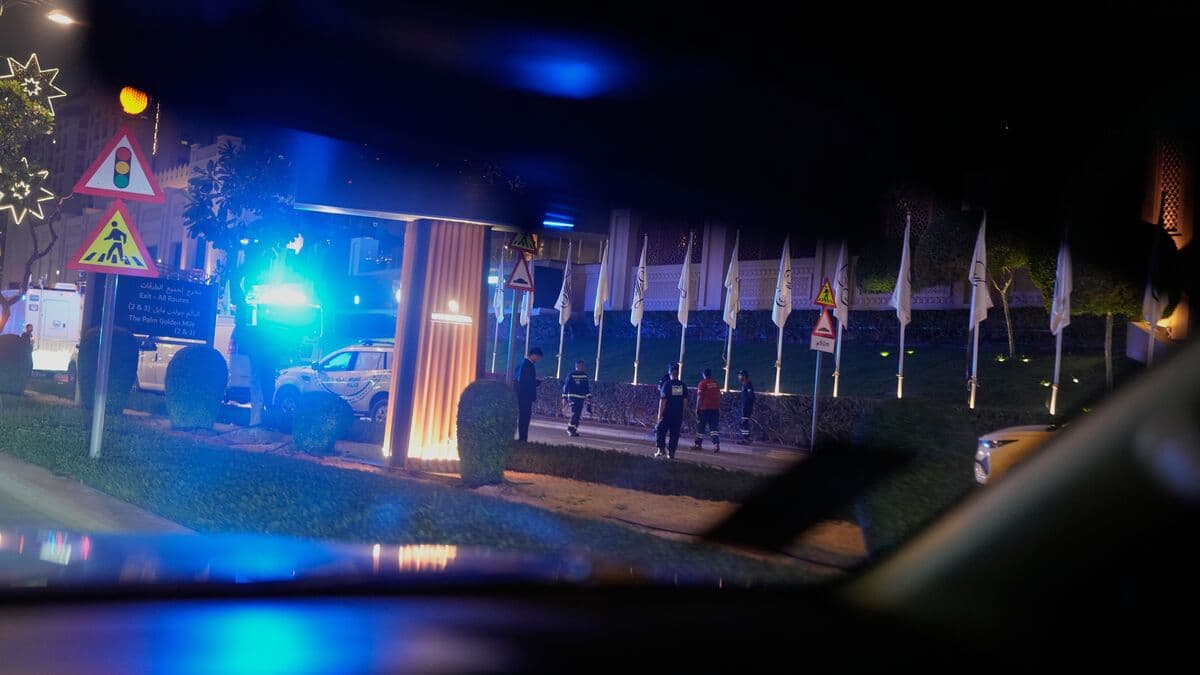Total production of opium, the main ingredient in heroin, is estimated to be around 296 tons in Afghanistan this year, a 32 percent decrease from last year.
The Taliban banned the cultivation of poppies, which are used to make opium and heroin, in 2022 – the year after they seized power in a lightning offensive on Kabul. At that time, poppy fields occupied around 232,000 hectares of the country – now that figure is down to just over 10,000 hectares, according to the United Nations Office on Drugs and Crime (UNODC).
As a result, prices for dry opium are five times higher than the average before the ban, the UN agency says .
For farmers in Afghanistan, where more and more are being forced into poverty under Taliban rule, the ban, combined with climate change, has hit hard. It has also led to an increase in the production of synthetic drugs in the country, not least methamphetamine.
"Synthetic drugs appear to have become the new business model for organized criminal groups due to their relatively easy production (...) and relative resilience to climate change," the UNODC states.






